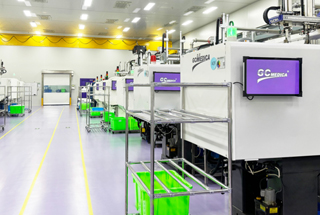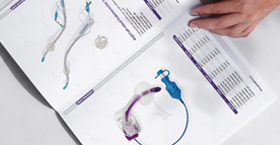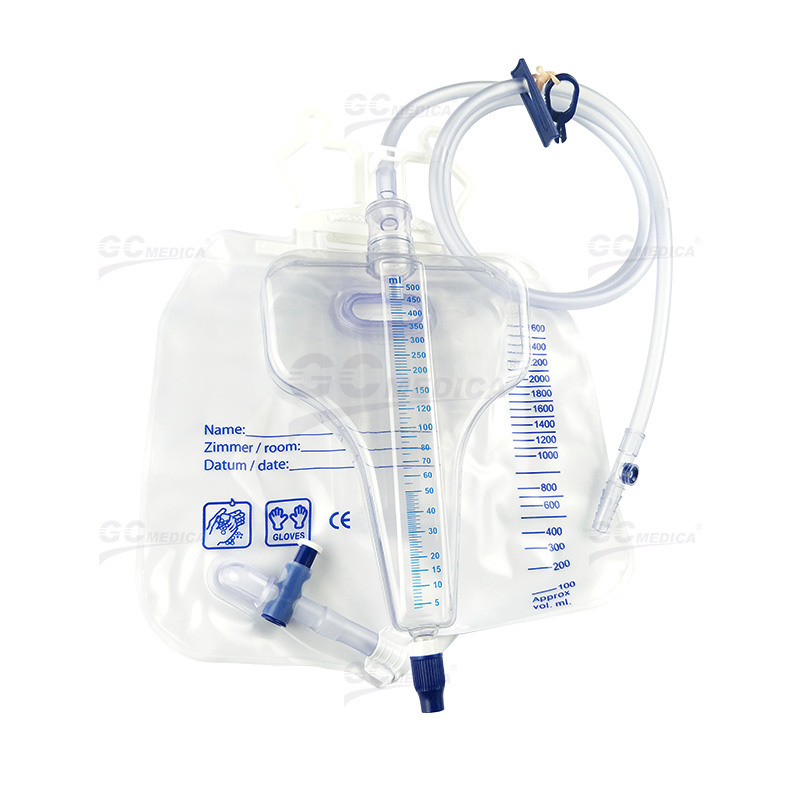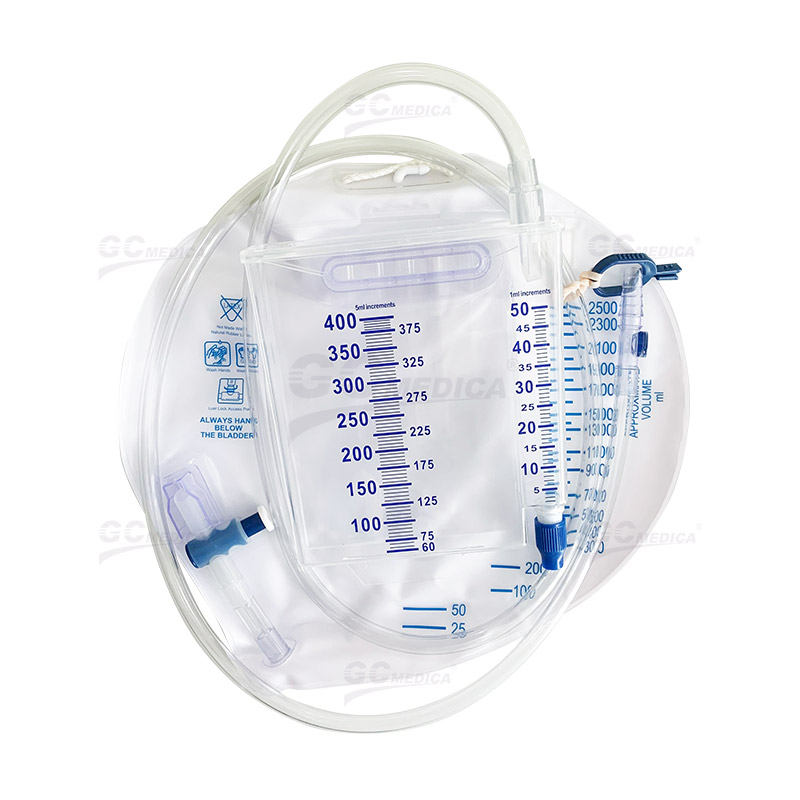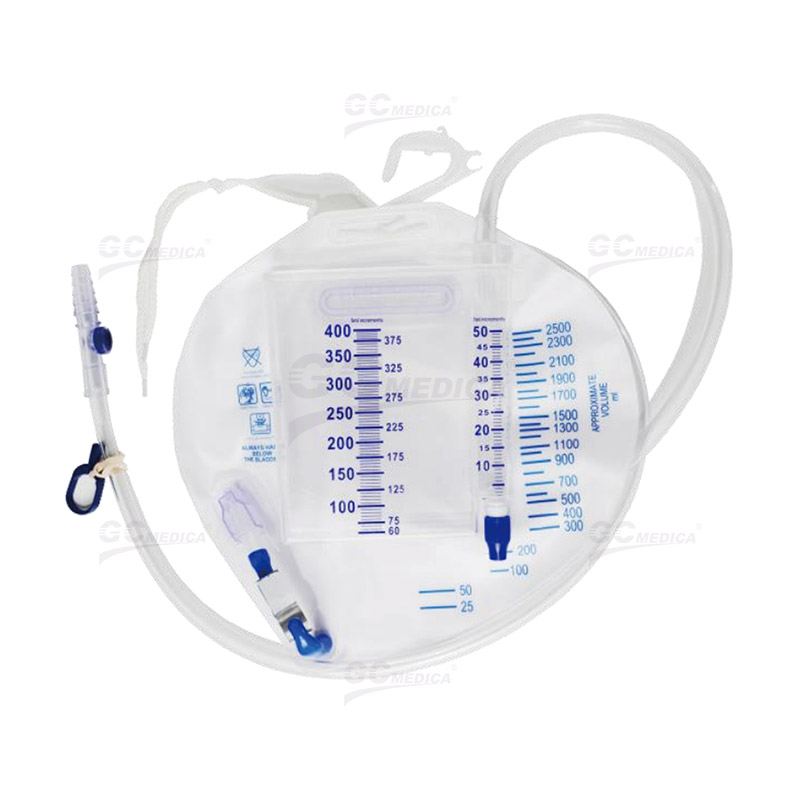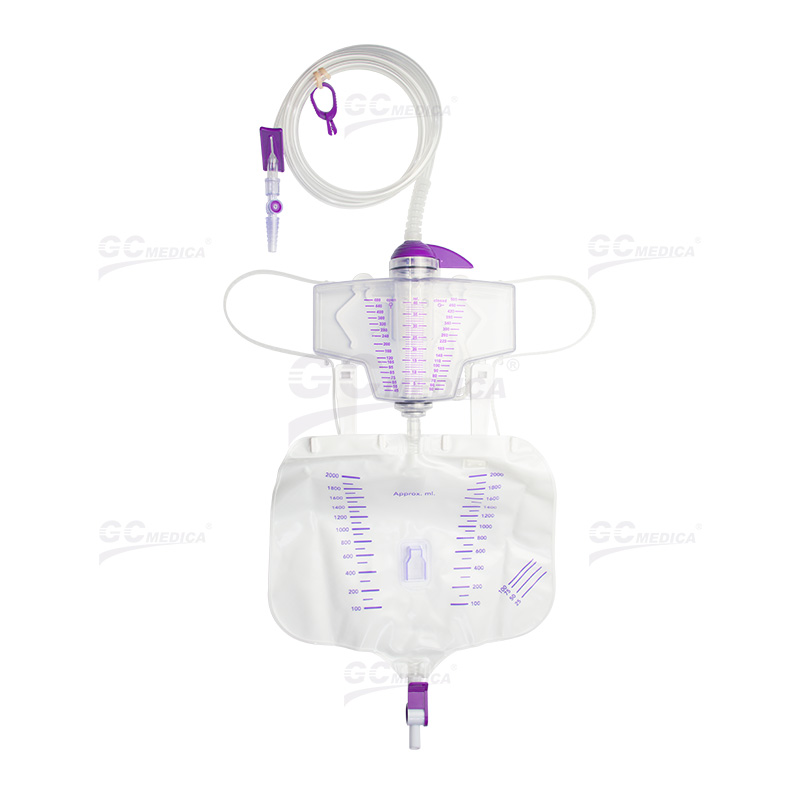Accurate measurement of urine volume is essential in various healthcare settings. A urine meter plays a critical role in monitoring patient hydration, kidney function, and overall fluid balance. This guide offers insights into the importance of urine volume measurement, the key features to look for in a urine meter, and best practices for achieving reliable results.
Understanding Urine Volume Measurement
Urine volume measurement is a fundamental diagnostic tool used in hospitals, clinics, and long-term care facilities. It assists healthcare providers in monitoring fluid intake and output, ensuring proper hydration, and identifying early signs of complications. By obtaining accurate measurements, medical teams can make informed decisions regarding patient care.
| 400ml Urine Meter with 2,500ml Drain Bag | |
| 400ml Urine Meter with 2,500ml Drain Bag | |
| 500ml Urine Meter with 2,600ml Drain Bag | |
| 500ml Urine Meter with 2,000ml Drain bag |
Key Features of an Effective Urine Meter
When selecting a urine meter, several critical features contribute to its overall performance:
Precision and Accuracy: High precision is vital to ensure that each measurement is reliable. A urine meter should consistently provide accurate readings, even when small variations in volume occur.
Easy-to-Read Display: A clear and intuitive display minimizes the risk of human error during readings. An effective design should allow healthcare staff to quickly interpret the data.
User-Friendly Interface: An interface that is simple to operate reduces training time and enhances efficiency. Look for features that facilitate quick setup and straightforward calibration.
Durability and Build Quality: In busy clinical environments, the device must withstand frequent use and potential exposure to moisture. A robust construction ensures longevity and minimizes maintenance needs.
Hygiene and Safety: Given that urine meters are used in healthcare settings, ease of cleaning and proper infection control measures are crucial. A design that supports safe disposal and regular disinfection is highly advantageous.
Best Practices for Using a Urine Meter
To achieve optimal results, healthcare providers should follow best practices when using a urine meter:
Proper Setup and Calibration: Always calibrate the device before use to maintain measurement accuracy. Regular recalibration is recommended to account for any changes in device performance.
Consistent Data Recording: Keep a detailed record of urine measurements. This helps in tracking patient progress and identifying any anomalies that may require further investigation.
Regular Maintenance: Routine cleaning and maintenance are essential to ensure the device remains in excellent working condition. Adhering to the manufacturer’s guidelines for care can prevent inaccuracies.
Training and Education: Ensure that all staff members are adequately trained on how to use the urine meter. Comprehensive training minimizes errors and maximizes the benefits of accurate fluid measurement.
Integration with Other Systems: In modern healthcare environments, consider how the urine meter can integrate with electronic health records (EHR) and other monitoring systems. This integration enhances data accuracy and allows for real-time monitoring.
Benefits of Accurate Urine Volume Measurement
Reliable urine measurement is key to effective patient care. The benefits include:
Improved Patient Monitoring: Accurate data supports better clinical decision-making, ensuring that patients receive appropriate treatments based on their fluid balance.
Early Detection of Health Issues: Consistent monitoring can alert healthcare providers to potential complications, such as dehydration or kidney dysfunction, before they become critical.
Enhanced Efficiency: A user-friendly and reliable urine meter reduces the time spent on manual calculations, allowing staff to focus on more critical tasks.
Data-Driven Insights: Collecting precise urine output data can help in assessing the effectiveness of treatments and in planning long-term patient care strategies.
Final Thoughts
Selecting the right urine meter involves evaluating its accuracy, ease of use, durability, and safety features. By focusing on these criteria and adhering to best practices, healthcare facilities can ensure that they obtain reliable measurements essential for effective patient care. A well-chosen urine meter not only supports clinical decisions but also contributes to improved patient outcomes through better fluid management.
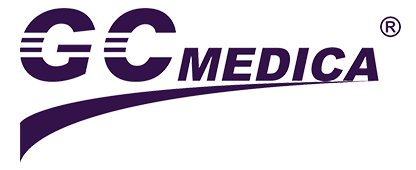

 Français
Français Español
Español Products
Products
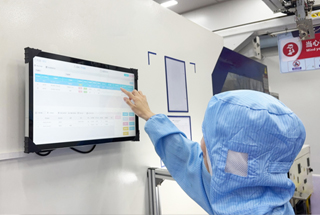
 About Us
About Us




